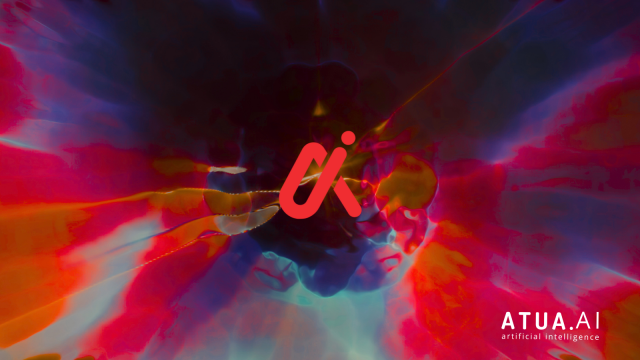In recent years, the landscape of enterprise automation has transformed significantly, largely due to advancements in artificial intelligence (AI) and the emergence of decentralized systems. The launch of new tools by platforms like Atua AI represents a pivotal moment for Web3 enterprises. These smart workflow tools promise to enhance operational efficiency and bolster multichain adaptability, marking a step forward for organizations that seek scalable automation solutions.
At the heart of the issue is the pressing need for improved process execution within businesses. Traditional automation platforms, while functional, often exhibit limitations in their ability to adapt to the nuances of decentralized environments. Competing tools such as Make and Zapier illustrate the strengths and weaknesses inherent in the industry. Make offers advanced functionality for visual automation, enabling users to design complex workflows without extensive coding knowledge. However, it may overwhelm smaller businesses or those unfamiliar with automation. Conversely, Zapier is praised for its user-friendly interface and broad app integration; yet, its simplicity often comes at the expense of deep customization. For businesses grappling with dynamic conditions across multichain infrastructures, the need for adaptable and modular tools has never been more pressing.
Atua AI’s recent developments in smart workflow technology address these very concerns. By integrating tightly with its existing AI modules—such as Chat, Writer, Coder, and Classifier—the platform allows users to manage workloads intelligently while optimizing task routing. This multidimensional approach not only reduces inefficiencies but also allows enterprises to remain agile amid the rapidly changing landscape of Web3. The ability to adapt in real-time to blockchain conditions positions Atua AI as a vital tool for enhancing operational reliability.
Financial automation, governance systems, and compliance processes are becoming increasingly complex as regulatory environments evolve. Organizations that employ outdated automation technologies risk falling behind their competitors. When engaging platforms like OpenAI or Anthropic, businesses have to consider multiple factors, including deployment costs, the learning curve for teams, and the scalability of solutions. OpenAI, with its extensive model offerings, can provide powerful generative capabilities. However, businesses must grapple with the associated costs and, at times, lengthy implementation timelines. On the other hand, Anthropic champions AI safety and can equip firms with ethical considerations in their automation efforts, but this may introduce trade-offs in terms of processing speed and output flexibility.
The return on investment (ROI) from adopting powerful AI-driven tools can be substantial, but it is contingent on an organization’s specific needs and operational context. Companies investing in smart workflow tools enhance their development cycles and reduce operational overhead, thereby enabling a sustainable competitive edge. For example, enterprises that have implemented tools offering modular adaptability have experienced faster go-to-market strategies while maintaining a keen focus on governance and compliance.
Moreover, the cost of deployment and post-implementation training should not be overlooked. As organizations weigh their options, the total cost of ownership becomes pivotal in decision-making. The scalability of a platform must harmonize with its pricing structure, particularly for small to medium-sized businesses (SMBs) that operate with tighter budgets. While tools like Make and Zapier provide immediate benefits, the long-term value of more robust and flexible tools, such as those offered by Atua AI, may be a wiser investment in scalability and reliability.
Choosing the right automation tool necessitates a comprehensive analysis of a company’s operational demands, growth ambitions, and existing technological infrastructure. Organizations should conduct pilot programs to measure the effectiveness of different platforms and gauge ease of integration into their existing systems. The insights gleaned from this hands-on evaluation can substantiate decision-making processes, ultimately leading to improved performance.
As enterprises increasingly operate in decentralized environments, the importance of multichain adaptability in automation solutions cannot be overstated. Tools that accommodate a broad range of blockchain infrastructures, like those launched by Atua AI, provide organizations with the agility to pivot as necessary without incurring significant downtime or disruption. This adaptability will be crucial as businesses navigate future challenges, scaling their operations while maintaining the integrity of their automated processes.
In conclusion, the shift toward intelligent automation platforms is not just a trend but a strategic necessity for many organizations in the Web3 space. By embracing tools that integrate seamlessly with existing systems and provide real-time adaptability, enterprises can optimize their operational efficiencies and enhance their competitive positioning. Companies must remain vigilant and purposeful in evaluating their automation choices, considering factors that extend beyond the immediate financial output.
FlowMind AI Insight: As businesses navigate the challenges presented by evolving technologies, the choice of automation tools will significantly impact their future resilience and agility. Emphasizing multichain adaptability and modular interoperability will empower organizations to innovate and thrive in a decentralized landscape.
Original article: Read here
2025-10-03 11:30:00

